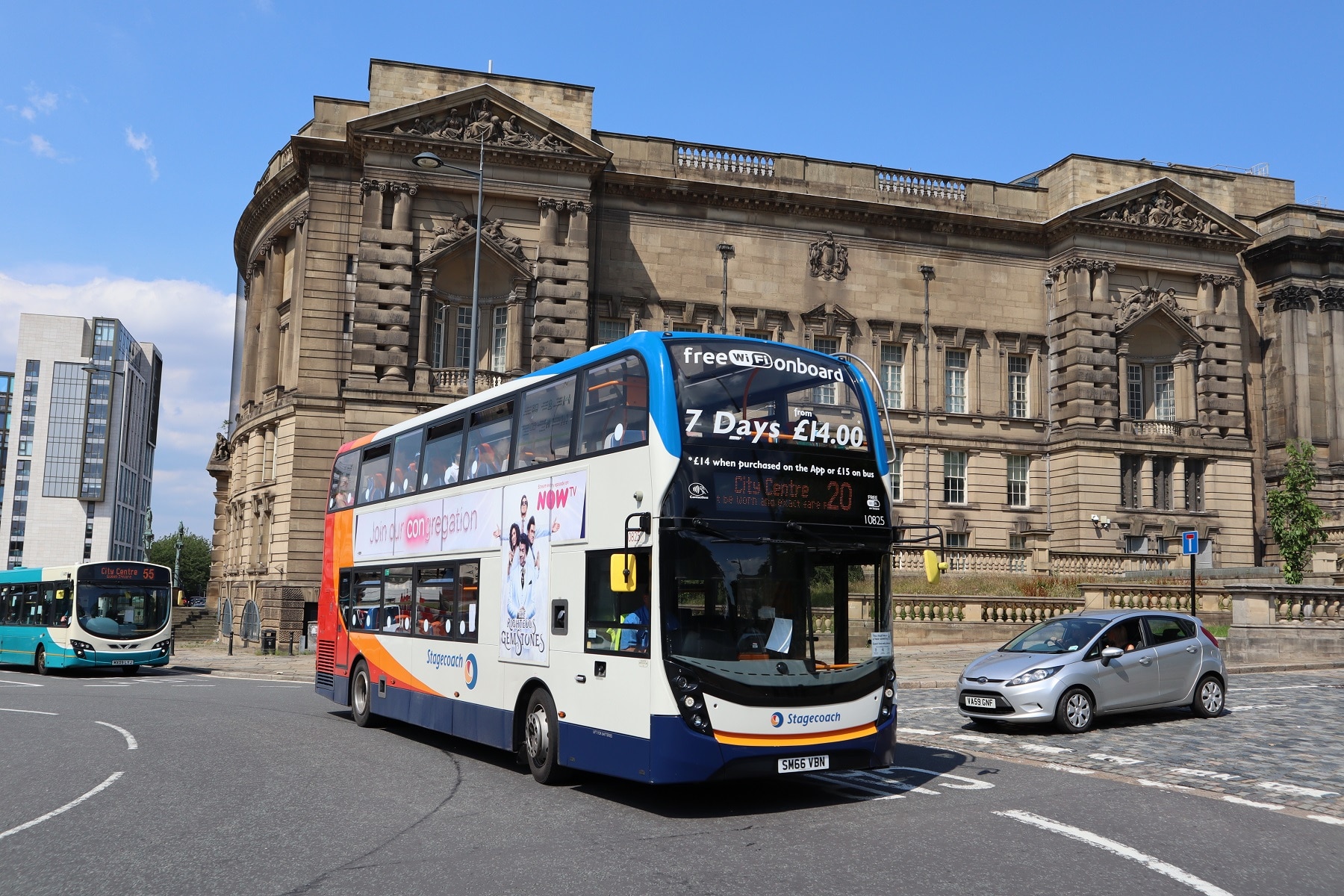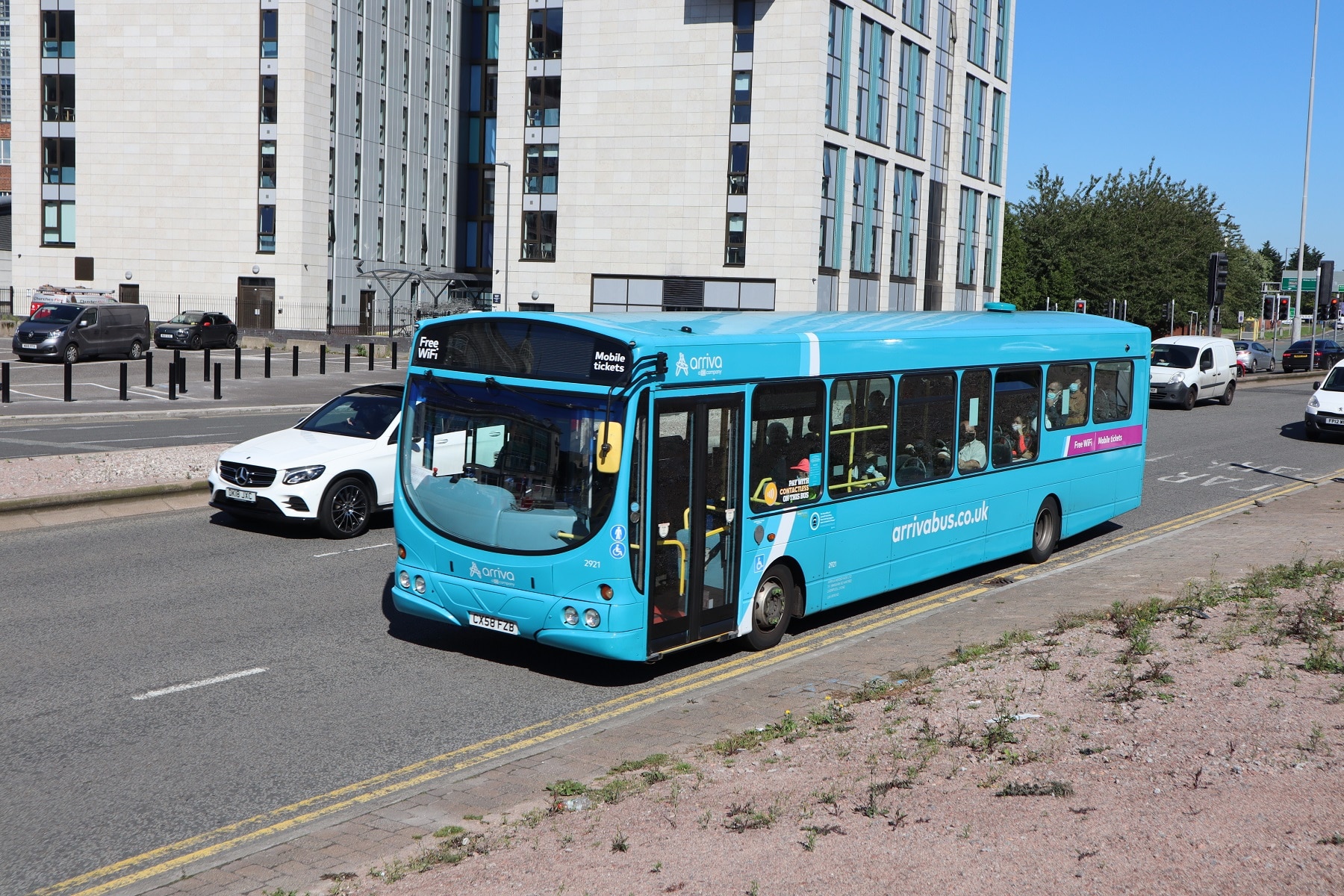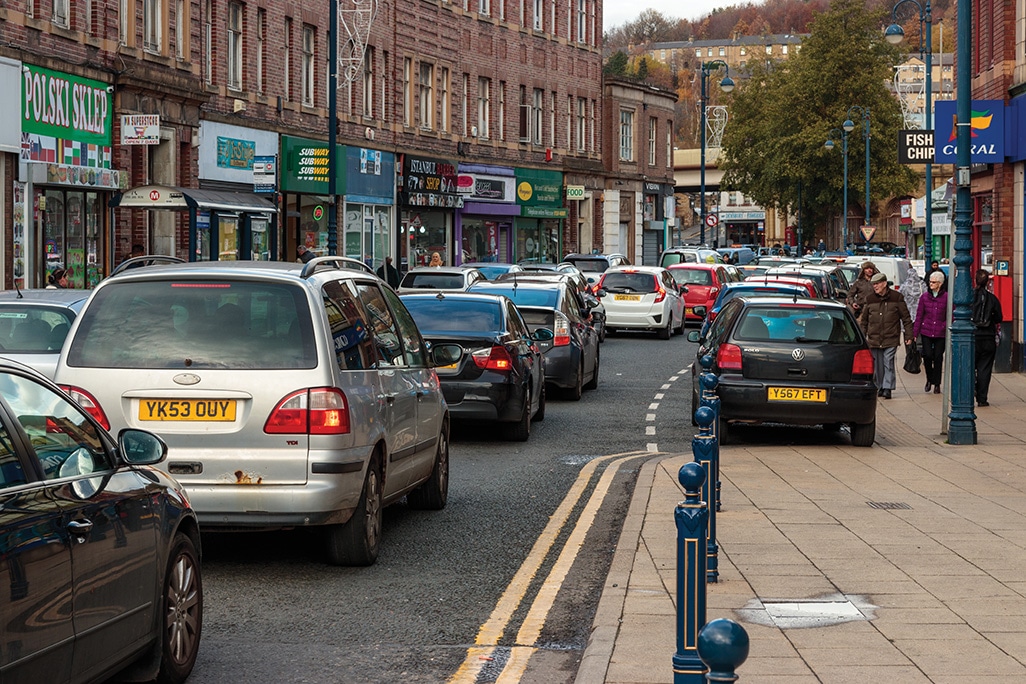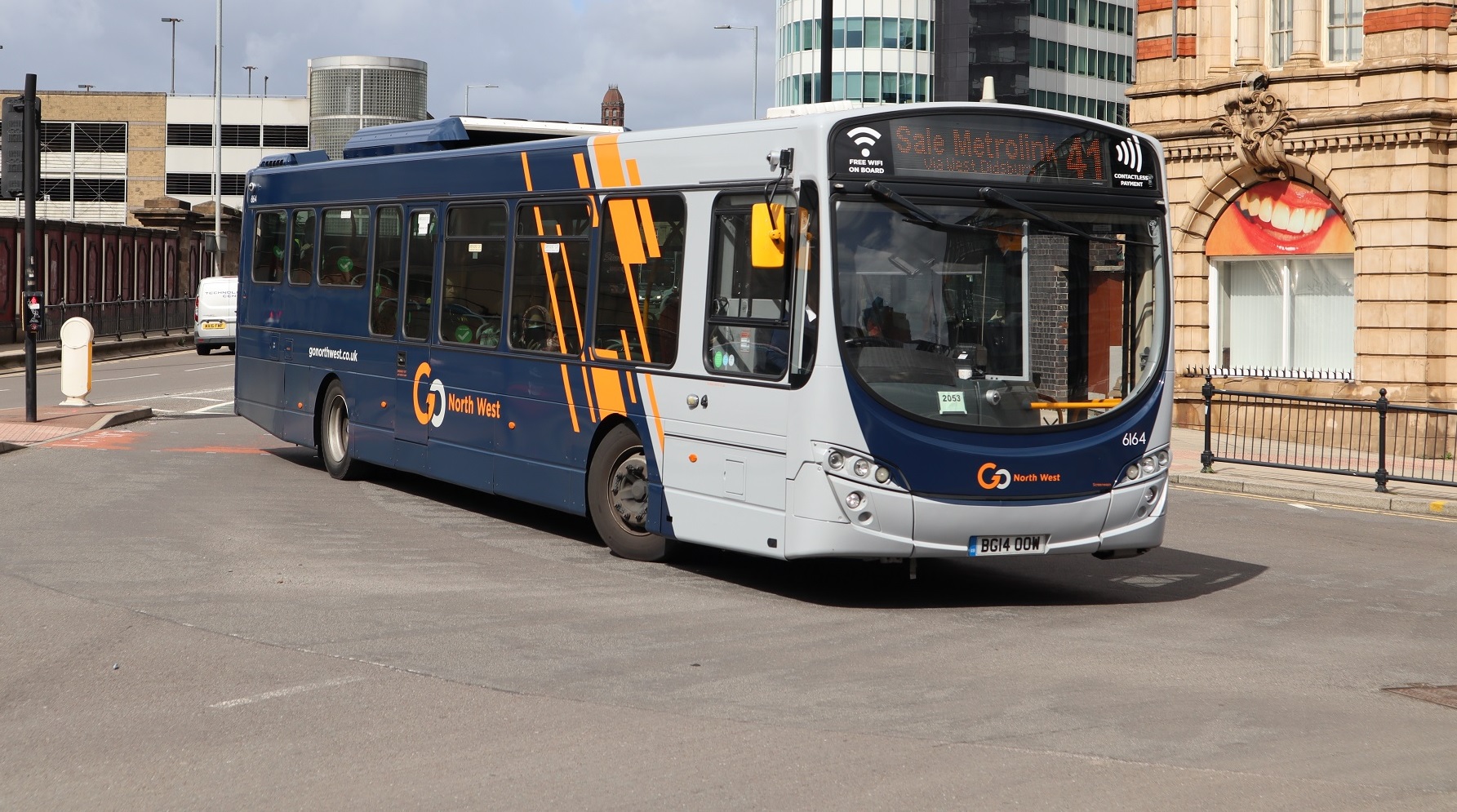A charging Clean Air Zone (CAZ) in Liverpool city centre is “highly likely” to be required as part of wider work to address poor air quality, a report that is to be presented to Liverpool City Council (LCC) on 19 March says.
The report asks LCC’s Cabinet to grant endorsement in principle for a CAZ as one of the “essential measures” that are necessary to meet legal air quality standards. But it notes that even a Class D CAZ – which would include charges for non-compliant cars – will be insufficient to deliver compliance. “Additional core measures” will thus be needed as part of a Clean Air Plan (CAP).
Liverpool Clean Air Zone consultation set for this summer
The report also seeks approval to begin stakeholder engagement over the implications of a CAZ in Liverpool. A statutory consultation on the CAP and all interventions, including the proposed CAZ, should follow in the summer. It cannot commence until modelling work is completed and LCC selects the final option(s).
Although the scope of a CAZ in Liverpool is still to be finalised, modelling shows that limiting it to the city centre, rather than capturing a broader area, will be the most effective solution. That work has also demonstrated that the CAZ “most likely” needs to be either Class C or Class D.
The report proposes the establishment of a Clean Freight Fund (CFF). Despite its name, a CFF would provide financial support for the upgrade of coaches and minibuses that do not meet CAZ standards to achieve Euro VI compliance. It would be targeted at smaller local businesses.
£3.3m from JAQU already agreed for bus Euro VI retrofit

Additionally, a £3.3m grant has already been agreed by the Joint Air Quality Unit (JAQU) for a Clean Bus Fund to enable the retrofit of older buses in Liverpool to Euro VI.
The total is based on a grant of £16,000 per vehicle and there being 207 buses that require treatment. It is proposed that the money will be split equally over the 2021/22 and 2022/23 financial years.
The report on CAZ proposals estimates that a Full Business Case will be completed by January 2022. All interventions should be implemented “for early 2023,” it continues, although timescales are subject to ongoing negotiations with JAQU.



























